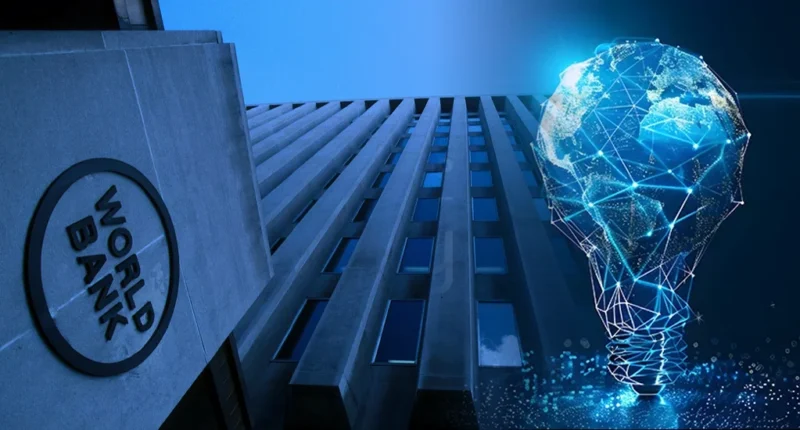The World Bank has warned that world development goals might not be met because of ongoing economic problems. In its report on Pakistan, the World Bank said that while Pakistan has avoided a big economic crisis, the country still needs to make important changes to fix its economy. Pakistan might not be able to reduce its debt or meet the financial goals set by the International Monetary Fund (IMF). The economy is still struggling because of high prices, uncertain government decisions, and other issues.
The World Bank says Pakistan’s economy will grow less than expected this year. It predicts 2.8% growth, but the government was hoping for 3.6%. Even though the economy may grow a little next year, it may not be enough to lower the high poverty rate of 40.5%.
The World Bank also says that while countries around Pakistan are growing, Pakistan’s population is growing very fast, making it harder to improve living conditions. The country needs to create jobs for 3.5 million new workers in the next two years, but the expected growth might not be enough.
The poverty rate has gone up a little from 40.2% to 40.5%. Even though Pakistanis living abroad sent more money last year, the value of that money has gone down because of high prices and a weaker currency.
Inflation (rising prices) is expected to stay around 11.1% this year, which is higher than the government’s goal. Food prices have gone down a little, which has helped poor families, but the cost of energy and other things is still very high, especially in rural areas. The World Bank says that interest rates might need to go down if inflation decreases, but it hasn’t said if the value of the Pakistani rupee is right or not.
The energy sector (electricity and power) is a big problem for Pakistan. The high cost of energy is hurting the economy, and the World Bank says it needs to be fixed quickly. Pakistan’s debt is also rising. By the end of this year, the country’s public debt is expected to be 73.8% of the economy’s total size, and it could go up to 74.7% next year, which is very high.
To fix these problems, the World Bank says Pakistan needs to make big changes, like improving the tax system, cutting unnecessary spending, and reducing government control over the economy. The country also needs to make trade and investment easier. The energy sector can improve if the private sector is involved, which can help reduce losses, improve services, and bring in new investments.
In conclusion, the World Bank says Pakistan needs to make these changes with help from both the government and the private sector to improve the economy and reduce risks in the future.










